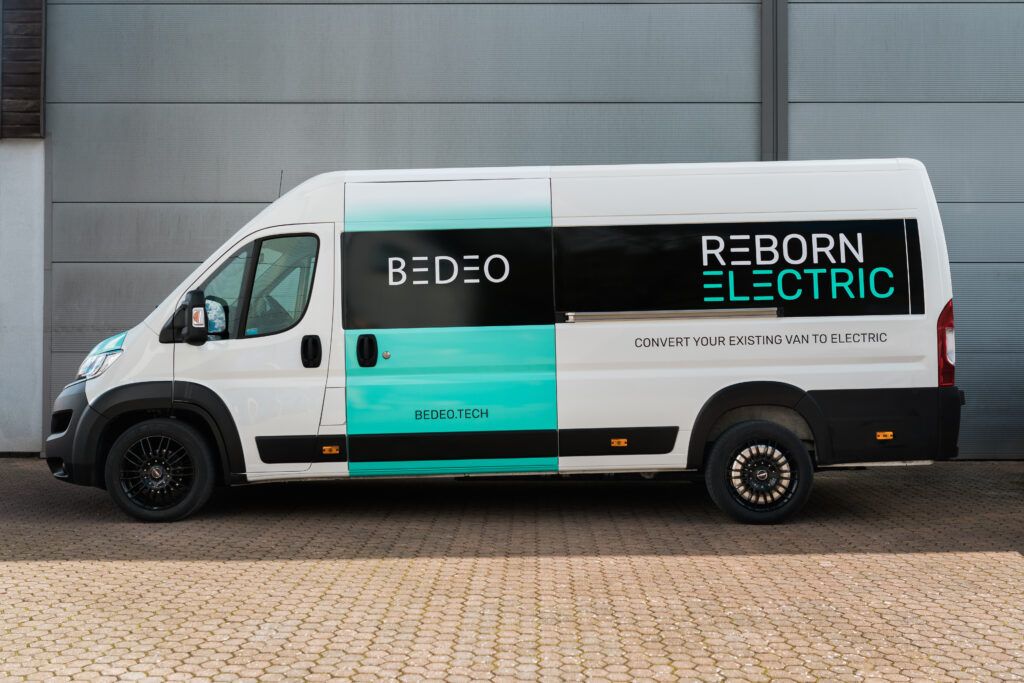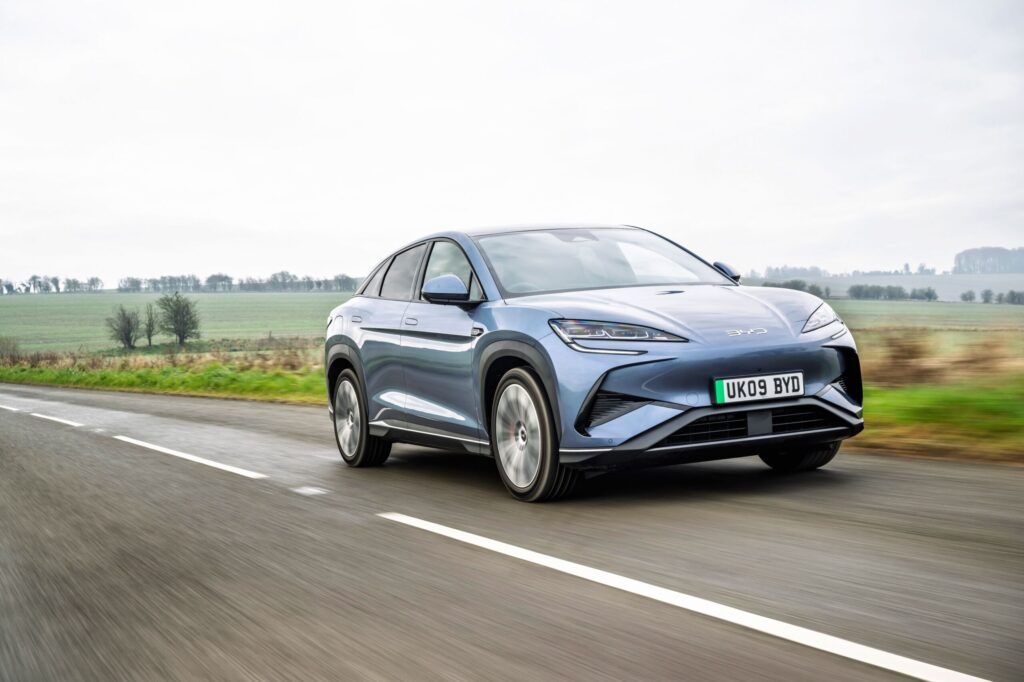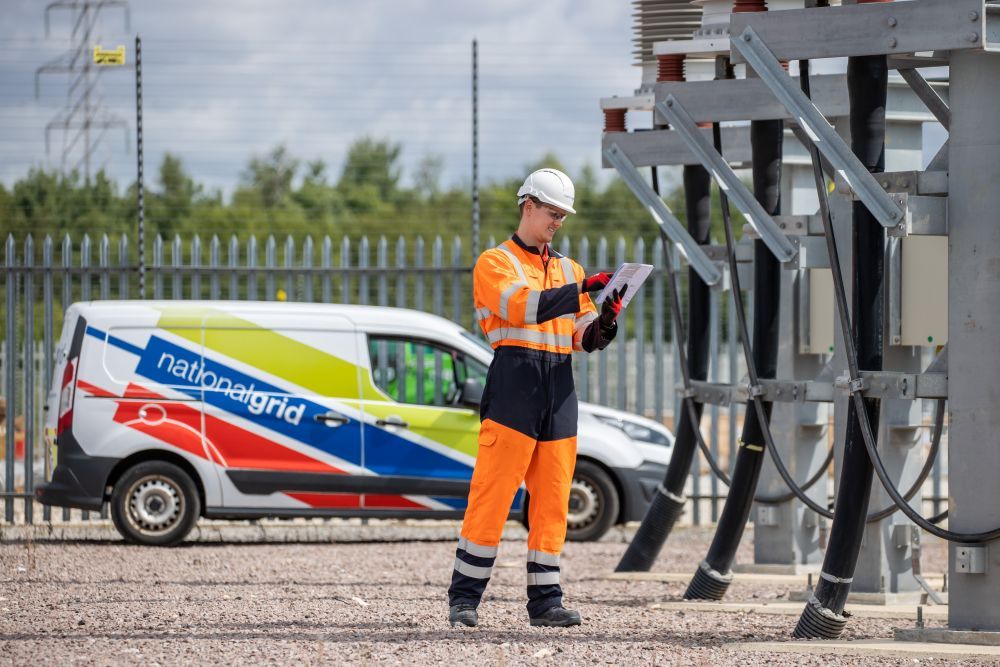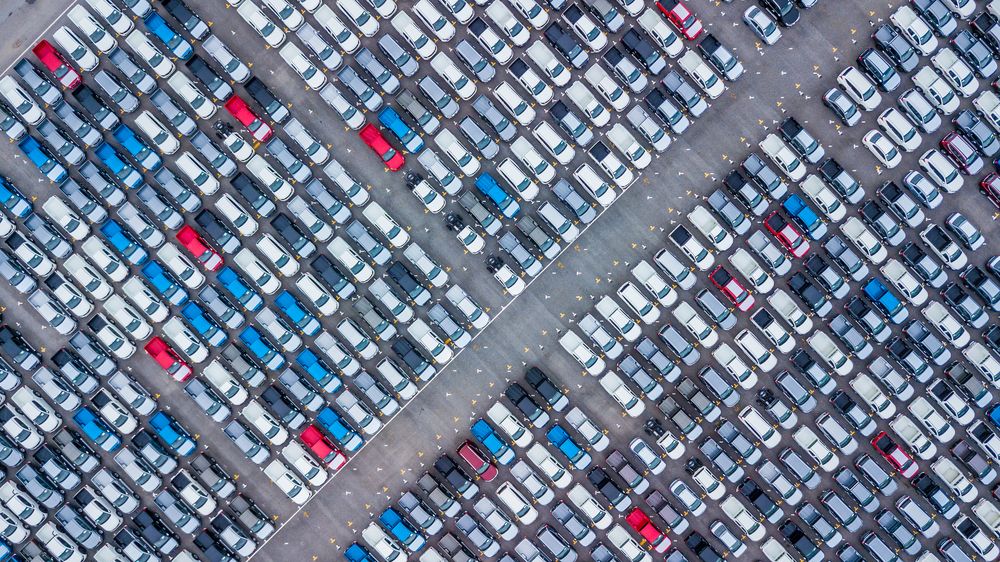A recent McKinsey & Company (McKinsey) report highlights that light commercial vehicles (LCVs) are the largest single contributor of pollution within the logistics industry (40 per cent) – leading electric mobility company BEDEO to call for large van fleets and regulators to recognise the potential of electric retrofitting.
BEDEO, a leader in the electric mobility sector, urges governments and policymakers to take immediate action and acknowledge the power of electric retrofitting for large vans. Failure to do so could mean missing a critical opportunity to significantly reduce emissions while promoting a circular economy, warns the UK-based fleet electrification experts.
The McKinsey report is live at a time when UK-based battery electric LCV (eLCV) registrations are declining and diesel-powered LCV sales are rising. Data from the Society of Motor Manufacturers and Traders (SMMT) show that just 5.1 per cent (10,260) of all new LCVs (<3.5t and Rigids between 3.5 – 4.25t) registered this year are battery electric, which has reduced from 5.6 per cent (11,016) market share in 2023. In contrast, Diesel <3.5t sales this year are still on the up, reaching 187,223. New registrations in July 2024 – over 5,000 more than last year (2023).
BEDEO believes that high upfront costs, limited availability, and perceived reductions in load space are significant barriers to buying brand-new eLCVs. However, BEDEO’s innovative ‘third way’ – retrofitting an electric powertrain through its Reborn Electric programme – provides a cost-effective alternative to purchasing a brand-new eLCV, offering electrification at a significantly lower price while preserving load space and reducing the overall CO2 emissions produced by LCVs.
McKinsey’s report, released earlier this summer, emphasises the urgent need for fleet owners, OEMs, and policymakers to take stronger action in reducing LCV-related tailpipe emissions. BEDEO urges large van fleets and regulators to recognise the potential of electric retrofitting, particularly with its Stellantis-approved Reborn Electric system, which adds an electric powertrain to ageing diesel vans, giving them a new lease of life. This method is the subject of BEDEO’s whitepaper, titled ‘Accelerating the Transition, Supporting our Businesses: Enabling Low-Emission Fleets with Retrofit Electrification’, which underscores the critical need for introducing incentives for those looking to retrofit, and for retrofitters to be tighter regulated and scrutinised on safety and quality standards.
Osman Boyner, Founder and CEO of BEDEO said:
“No longer can we hide from the facts – LCVs are the single biggest polluters in the logistics industry. Our reliance on them isn’t going to reduce, and for good reason – LCVs are the backbone of the logistics industry – however, we need to rethink the way we power them [mainly with fossil fuels] and offer cost-effective electric versions now, and not just wait until they’re banned – that could be in 2030, 2035 or even beyond that.
“Our solution is to offer retrofitting. Retrofitting electric powertrains is a pragmatic solution to achieve a faster LCV transition to net zero. The ‘TCO2’ approach, as we have coined it, combines total cost of ownership and CO2 considerations, offering a sustainable and economically viable path forward for large van fleets across the country. We have worked tirelessly to ensure that our retrofit solution ensures a lower TCO compared to investing in entirely new [large van / LCV] fleets, with operators able to realise savings on fuel and maintenance while also allowing for operational continuity – retrofitting can be accomplished with minimal downtime, ensuring that fleet operations remain uninterrupted.
“The UK van industry truly is at a pivotal moment. Without swift action and the adoption of innovative solutions like our in-wheel motor technology, we risk falling short of our impending net-zero goals,” Osman continues. “We urge the Government to recognise and support these alternative electrification pathways, which not only make economic sense – for both the country and fleet managers everywhere – but are crucial for achieving our environmental commitments.”
Supporting this is a BEDEO whitepaper, titled ‘Accelerating the Transition, Supporting our Businesses: Enabling Low-Emission Fleets with Retrofit Electrification’, which underscores the critical need for introducing incentives for those looking to retrofit, and for retrofitters to be tighter regulated and scrutinised on safety and quality standards. By embracing retrofit solutions, the UK can mitigate the environmental impact of diesel vans and passenger cars, improve air quality, and accelerate progress towards a greener, more sustainable future. BEDEO has submitted this whitepaper and other evidence for the government’s Registering historic, classic, rebuilt vehicles and vehicles converted to electric: call for evidence as officials review policies and processes relating to DVLA registrations for conversions.
To access the full whitepaper and learn more about the imperative for investment in retrofitting solutions, visit bedeo.tech/whitepaper-accelerating-the-transition-supporting-our-businesses.
Image courtesy of BEDEO.











